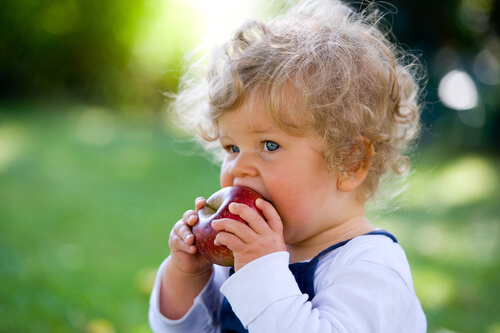
Table of contents
Many parents may be unsure about what are Covid symptoms in children and the best treatment. Covid-19 is caused by a virus called coronavirus. Coronaviruses are a large family of viruses with some causing less severe disease (such as the common cold) and others causing more severe disease.On 31 December 2019, World Health Organization was informed of a cluster of cases of pneumonia detected in Wuhan, Hubei Province in China.
How can children catch Covid?
The UK government has stated: ‘We do not know the routes of transmission of COVID-19; however, other coronaviruses are mainly transmitted by large respiratory droplets and direct or indirect contact with infected secretions. In addition to respiratory secretions, other coronaviruses have been detected in blood, faeces and urine.’
Coronavirus can enter your body when you breathe it in (after someone coughs nearby) or you touch a contaminated surface. Children, like all other age groups can catch the coronavirus and can be a carrier of it.
What are the symptoms of Covid in children?
If a child becomes infected with Covid-19, their symptoms could be mild and last around two weeks after which time you recover.
The most common Covid symptoms are a high temperature of 37.8 degrees Celsius or above, a new, continuous dry cough and/or a change or disappearance in sense of smell or taste. While most children who get Covid-19 recover quickly, a child may experience long-term health problems months after initial infection.
Can a child recover from Covid?
Yes. People can be infected with Covid-19 and never develop symptoms or have only mild symptoms which they can recover from. Many children recover after seven days.
Children appear to be catching the virus and experiencing only mild symptoms but there is no guarantee of this.
For some children, COVID-19 could be much more serious.
This is not an exhaustive list but children may be at high risk from coronavirus, if they:
• Have had an organ transplant.
• Are having certain types of cancer treatment.
• Have blood or bone marrow cancer, such as leukaemia.
• Have a severe lung condition, such as cystic fibrosis or severe asthma.
• Have a condition that makes them much more likely to get infections.
• Are taking medicine that weakens their immune system.
Efforts should be made to be calm and positive so that the children can be kept relaxed and happy because this will help their immune systems.
What impact can Covid have on a child?
The time between infection and having symptoms is on average five days. COVID-19 first infects the cells lining the throat, airways and lungs. The immune system kicks in to fight the virus, which can result in the body feeling body aches, pain and fever. This, as well as a cough, can be treated with drinking fluids and bed rest.
After seven days, if a child has not recovered, their body may be struggling to cope with COVID-19. Dr Nathalie MacDermott from King’s College London has said if the disease progresses it is because the immune system is overreacting to the virus, creating too much inflammation.
Inflammation of the lungs is known as pneumonia. The small air sacs in the lungs start to fill with water. This can cause shortness of breath and difficulty breathing. Some people will need a ventilator to help them breathe. Inflammation can damage the body and organs can stop working.
Inflammation of the lungs can stop the body getting sufficient oxygen it needs to survive.
One emerging way in which COVID-19 affects children is its link to Kawasaki disease. This is a disease that mainly affects children under 5 years old and causes blood vessels to become inflamed. The World Health Organisation has recognised that many children who have or have had COVID-19 go on to develop the illness.
Symptoms of this include:
• Abdominal pain
• A rash
• Dry lips
• A fever
• Swollen glands in the neck
• Red eyes, fingers or toes
• A fast heart rate
This disease is treatable and most people make a full recovery, but you must seek immediate medical attention if you suspect your child may have it.
